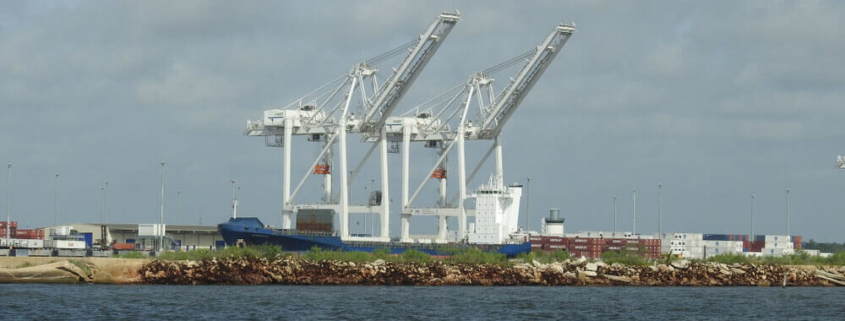Maximizing Compensation in a Maritime Injury Case
The maritime industry is notoriously dangerous, with injury and fatality rates significantly higher than most other fields. When a maritime worker is injured, maximizing compensation is crucial for those who want to recover fully, cover medical expenses, and secure financial stability. However, maritime injury claims are complex and multifaceted. They are not workers’ compensation cases, and as such, must be handled by maritime injury attorneys.
At Reeves & Mestayer, we appreciate maritime workers’ commitment to their field and their contributions to the economy. When you’re injured, you deserve fair compensation from your employer and vessel owner. Let us help. Call us at 228-300-2754 to set up a consultation now.
An Overview of Maritime Injury Claims
Maritime injury claims occur when workers are injured while working aboard vessels, offshore platforms, docks, or other maritime environments. These claims are governed by maritime law, as well as more specific legislation addressing compensation for injured workers. For example, the Jones Act allows injured maritime workers to seek additional compensation beyond maintenance and cure when their injuries are the result of a negligent vessel owner or employer. The LHWCA provides additional protections for those working in certain roles within the industry.
Injuries arise from a wide range of issues. In some cases, other maritime workers are working in an unsafe or inexperienced manner that causes preventable injury. In other situations, unavoidable weather leads to injuries. A poorly maintained vessel or equipment can also cause injuries among workers.
Factors Affecting Compensation
A number of factors may influence the amount of compensation received by maritime workers after injuries. The extent and severity of the injuries significantly impact the compensation amount. More severe injuries that result in long-term disability, loss of earning capacity, or extensive pain and suffering typically warrant more compensation.
Compensation includes coverage for medical expenses incurred as a result of the injury, including hospital bills, surgeries, medications, rehabilitation, and ongoing medical treatment. The more complex the injuries are, the more compensation they may receive in this manner.
The role of fault also comes into play here. Maritime workers are entitled to maintenance and cure regardless of who—if anyone—is to blame for their injuries. But they may also receive other benefits if they can prove the negligence of another party, which is the case in Jones Act claims.
How to Strengthen Your Case
To maximize compensation in a maritime injury case, it is essential to strengthen your case by reporting your injury immediately to your supervisor or manager. This allows them to document it properly, help you start getting the medical care you need, and ensure that you have access to benefits like maintenance and cure.
Once you begin medical treatment for your injuries, it is crucial that you adhere to your doctor’s treatment plan, attend your appointments, and do all of your assigned exercises outside of the office. Failing to follow the treatment plan may lead the company to terminate benefits before you have fully recovered.
Finally, don’t be afraid to advocate for yourself. Unethical employers and insurance companies may try to keep you from pursuing the compensation you’re owed, and if they do, you can turn to a maritime injury attorney to fight for you.
The Role of Legal Representation
In some cases, injured maritime workers do not need legal representation. When a ship owner or employer moves immediately to get the workers the compensation they deserve, no more action may be necessary. Of course, this is how the system should work all the time, but there will always be those who try to prevent their employees from asserting their rights. If your employer tries to terminate your benefits early, denies your claim entirely, or claims that their negligence had no role in your injury, you may need legal representation. Your lawyer can advocate for you, prove the employer’s negligence if you are seeking compensation under the Jones Act, and demand that you receive full and fair compensation.
Start Your Maritime Injury Claim with Reeves & Mestayer
If a maritime injury has left you out of work and hurt, you could be entitled to compensation for your losses. The team at Reeves & Mestayer is here to support you through this process. Set up your free consultation right away by calling our Biloxi maritime injury lawyers at 228-300-2754 or connecting with us online.







